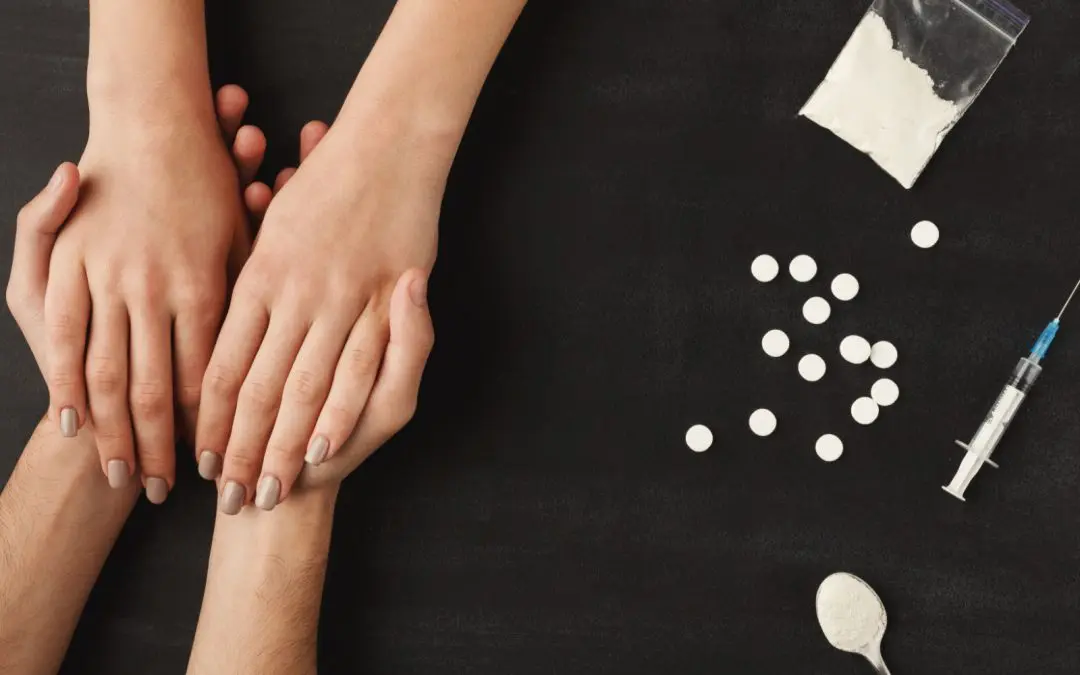24/7 Helpline:
(866) 899-221924/7 Helpline:
(866) 899-2219
Learn more about Residential Rehab centers in Ahsahka
Other Categories in Ahsahka

Other Insurance Options

Regence

Kaiser Permanente

Molina Healthcare

Carleon

UnitedHealth Group

Magellan

AllWell

BlueCross

Medical Mutual of Ohio

Oxford

BHS | Behavioral Health Systems

State Farm

Lucent

Providence

MVP Healthcare

Group Health Incorporated

PHCS Network

GEHA

Horizon Healthcare Service

Health Partners


Central Minnesota Mental Health Center
Central Minnesota Mental Health Center is a private rehab located in Elk River, Minnesota. Central M...

Riverplace Counseling Center
Riverplace Counseling Center is a private rehab located in Elk River, Minnesota. Riverplace Counseli...

New Beginnings – Elk River
New Beginnings is a state licensed, alcohol and drug treatment facility. The facility offers outpati...

Fairview Recovery
Fairview Recovery is a private rehab located in Elk River, Minnesota. Fairview Recovery specializes ...










A to Z Family Services – Orofino
A to Z Family Services – Orofino is a private rehab located in Orofino, Idaho. A to Z Family Service...

New Beginnings – Evening Outpatient
New Beginnings is a state licensed, alcohol and drug treatment facility. The facility offers outpati...
































